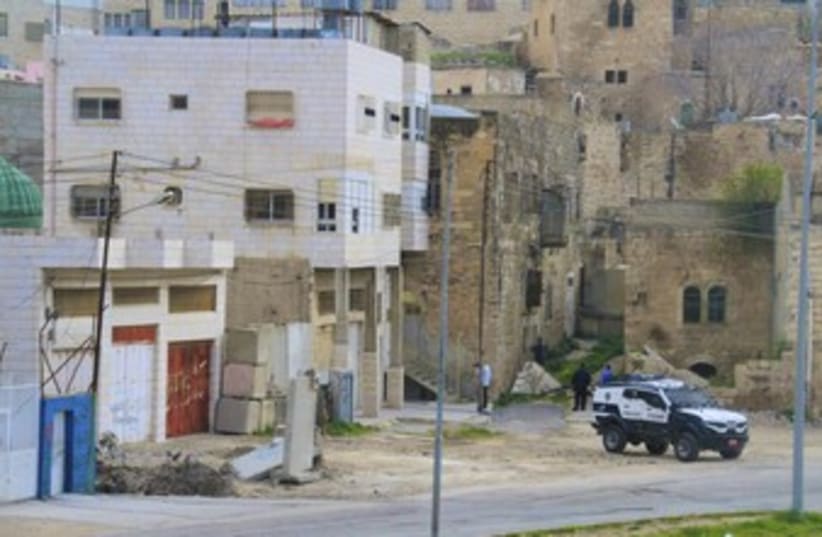“We, representatives of Palestinian civil society, call upon international civil society organizations and people of conscience all over the world to impose broad boycotts and implement divestment initiatives against Israel similar to those applied to South Africa in the apartheid era. We appeal to you to pressure your respective states to impose embargoes and sanctions against Israel. We also invite conscientious Israelis to support this Call, for the sake of justice and genuine peace.
These non-violent punitive measures should be maintained until Israel meets its obligation to recognize the Palestinian people’s inalienable right to self-determination and fully complies with the precepts of international law by:
1. Ending its occupation and colonization of all Arab lands and dismantling the Wall
2. Recognizing the fundamental rights of the Arab-Palestinian citizens of Israel to full equality; and3. Respecting, protecting, and promoting the rights of Palestinian refugees to return to their homes and properties as stipulated in UN resolution 194.”
Original goals of the BDS campaign included non-violent punitive measures focused on the State of Israel and not limited as such to its settlements as well as the promotion of an open ended right of return for Palestinian refugees that would in effect eliminate the existence of Israel. There are numerous calls for targeted programs of BDS that differ in their severity and scope including a call by the small but growing liberal American Jewish organization; Jewish Voice for Peace and by Peter Beinart, among others. The frustration with the lack of a peace agreement and the ability of Israel – which is viewed by many as the stronger party although Israel and its supporters point to the numerous hostile Arab nations that populate the neighborhood it lives in – to enter serious negotiations has focused the majority of UN member countries on the question of how to force Israel to take positive action, cease all West Bank and East Jerusalem settlement construction, and get on with a land for peace deal. The question in an election year with the US economy sputtering and Iran and Syria presenting twin threats to the region and the world is how can the US function as an honest mediator and propel Palestinians and Israelis back to the table for serious negotiations?The US must empower other nations to play a positive role in inducing both governments and their peoples to recognize the diplomatic, economic, and military advantages in peace. The world must work together in a coordinated fashion to isolate and limit the ability of those nations and independent actors against peace to play the role of spoiler.A sustained collaborative commitment functioning simultaneously at both a public and private level could overcome the widespread cynicism of both governments and their peoples and create the environment necessary to finally propel peace and two states into existence.The writer is president of the Interfaith Community for Middle East Peace, a non-profit organization that brings the faiths together to learn about and from each other and to create a new constituency for Middle East Peace. The words here represent the beliefs of the author and should not be construed as the policy of the Interfaith Community for Middle East Peace.
